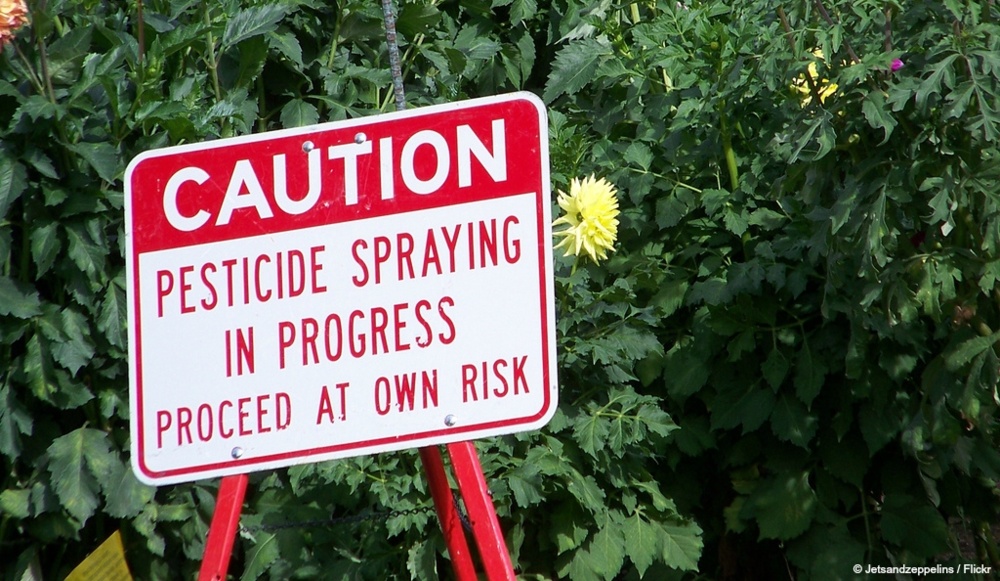
Jamaica follows the trend by banning endosulfan
Jamaica has become the latest in a list of 66 countries, including the USA and Brazil, which have banned the deadly pesticide endosulfan.
Endosulfan is an organochlorine pesticide that continues to be used on a wide variety of crops, particularly in developing countries. Exposure to endosulfan has been linked to serious medical conditions in humans and deformities and mass kills of wildlife.
According to Michael Ramsay, Jamaica’s Pesticide Control Authority's (PCA's) registrar, "[Jamaica is] following the trend of other countries who have already informed the convention that they have banned endosulfan", referring to the international conventions to which Jamaica is a signatory.
The Stockholm Convention on Persistent Organic Pollutants (POP) is one such convention through which chemicals known to be toxic and that persist in the environment for long periods of time which can accumulate to high concentrations in the fatty tissues of animals or humans (POPs) can be globally eliminated.
The Rotterdam Convention promotes shared responsibility for the international trade of chemicals known to be hazardous, promoting information exchange between governments and helping governments to protect their people and environment.
Jamaica will now join the growing numbers of countries that are choosing to ban the use of endosulfan voluntarily ahead of the next Stockholm Convention Chemical Review Committee meeting in October.
Endosulfan is only registered in Jamaica for use on the coffee crop, but it is reported that the Coffee Industry Board (CIB) is in full support of the ban.
CIB’s Director General, Christopher Gentles is reported as saying that "The policy of the board is that we want to phase out endosulfan. Operationally, we have an integrated pest- management system that ought to replace the use of endosulfan. We are not happy with the progress, as we are distracted by other issues at this time."
Jamaica’s Coffee Industry Board is in full support of a ban on endosulfan (Image courtesy of Mariordo Mario Roberto Duran Ortiz)
What does this mean?
Jamaica’s national ban is a positive step forward for human health and the environment, and the choices made by Jamaica, the USA and Brazil to ban this extremely harmful chemical is indicative of the significant support for a global ban.
Also important is that by recognizing that there are alternatives available, even to combat the spread of the coffee berry borer (which is the greatest threat to coffee crops), the CIB is showing a true display of leadership on business ethics.
SIGN UP FOR OUR EMAILS AND STAY UP TO DATE WITH EJF